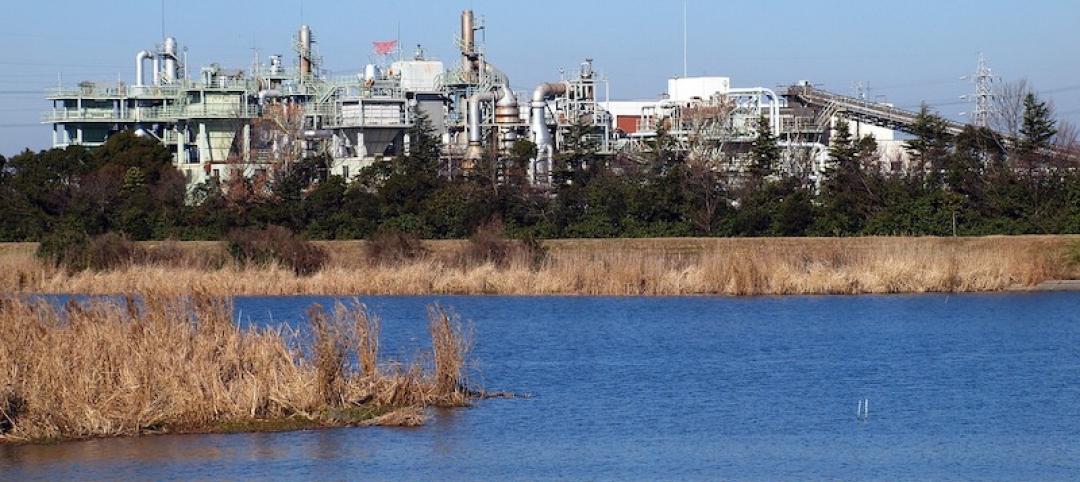The Seattle City Council voted 7 to 2 to repeal the recently enacted per-worker tax on large employers aimed at raising money for homeless services and affordable housing.
The tax, which the council passed unanimously, was crafted as an answer to the city’s housing affordability problem that many attribute to rapid growth in the technology industry by the likes of Amazon.com Inc. The council’s reversal comes after a spirited effort to gather signatures to put a repeal question on the November ballot.
The council’s original measure called for a $275 per employee tax. The region reportedly has a homeless population of more than 12,000 people.
Amazon, the city’s top private employer, halted its expansion plans in the city pending the outcome of the vote. Some homeowners were reportedly frustrated by the city’s response to homelessness, which included tents and RVs moving into residential neighborhoods.
Related Stories
Codes and Standards | Feb 19, 2020
Public is willing to volunteer to maintain green infrastructure
Perceived benefits make residents willing to help public works departments.
Codes and Standards | Feb 18, 2020
Recent Dept. of Energy grants emphasize grid-interactive building technology
National labs, universities, businesses selected for total of $74 million in funding.
Codes and Standards | Feb 14, 2020
At least 13 states create incentives for utilities to use demand response programs
Practice optimizes power grid, incorporates more renewable power.
Codes and Standards | Feb 13, 2020
Living Future Institute’s JUST program helps measure progress on sustainability, social justice
Functions as a transparency platform for organizations to disclose their operations.
Codes and Standards | Feb 12, 2020
Commercial Building Energy Saver Wins R&D 100 Award
Software toolkit enables access to deep energy retrofit and zero-net energy strategies.
Codes and Standards | Feb 11, 2020
Fenestration Rating Council launches faster energy performance testing system
New windows, doors, and skylights will get to market faster.
Codes and Standards | Feb 7, 2020
Landlords scramble to comply with the New York City Council’s Climate Mobilization Act (CMA)
Intent is to reduce greenhouse gas emissions; improve efficiency for buildings larger than 25,000 sf.
Codes and Standards | Feb 6, 2020
New document to determine THERM finite element modeling surface temperatures released
Process often used to predict interior surface temperatures on fenestration.
Codes and Standards | Feb 5, 2020
HUD issues guidance on emotional support animals
Clarifies the responsibilities of rental housing providers and renters.
Codes and Standards | Feb 4, 2020
New Jersey to become first state to require building contractors to consider climate change impact
Governor has seven key strategies for emissions cuts.

















